Cambodge: The Cultivation of a Nation, 1860-1945
by Penny Edwards
With its fresh take on the dynamics of colonialism and nationalism, Cambodge: The Cultivation of a Nation, 1860–1945 is essential reading for both scholars and general readers.
About the Author
is assistant professor of Southeast Asian studies at the University of California, Berkeley.
What others are saying
“Penny Edwards’ Cambodge is an original and impressive tour de force of scholarly analysis. She provides a richly textured cultural genealogy of state formation in Cambodia by reassessing the impact of French colonialism on modern Khmer thought and nation building. Relying on extensive archival research, Edwards traces a complex cultural history of Angkor as the site of competing religious and political investment that not only redefined regional boundaries and imperial power relations but also determined the very notion of Khmerness.”
—Panivong Norindr, author of Phantasmatic Indochina: French Colonial Ideology in Architecture, Film, and Literature
“In this well-conceived, highly readable book, Edwards examines museography, spectacles, the politics of authenticity, religion, arts and crafts, and tourism and architecture, among others, to reveal the many uses of the Cambodian past(s). Previous work on Cambodia has focused overwhelmingly on Angkor or Pol Pot’s regime: at last, a book fills the void in between, while also shedding new light on both.”
—Eric Jennings, author of Vichy in the Tropics: Pétain’s National Revolution in Madagascar, Guadeloupe, and Indochina, 1940–1944
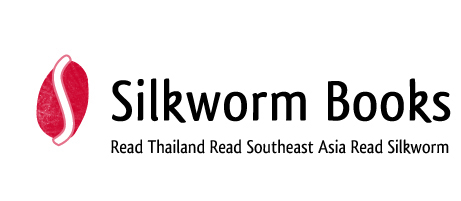
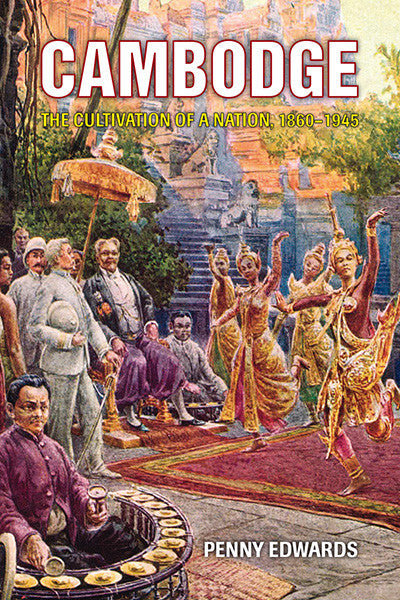
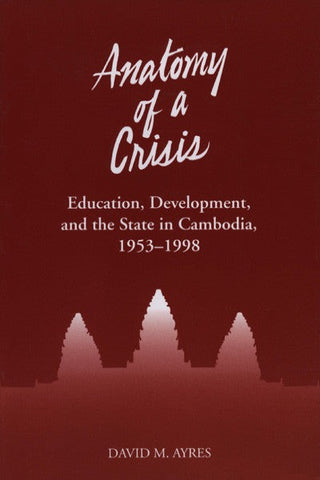
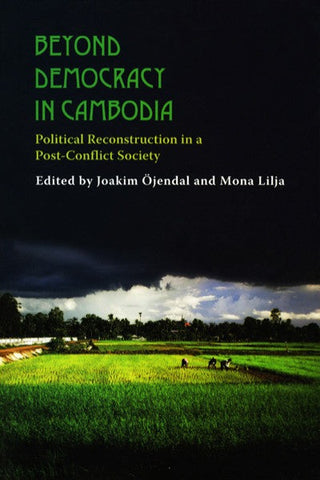
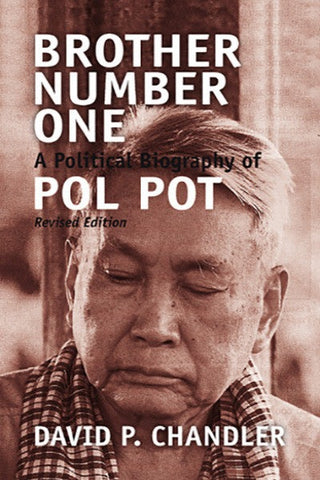
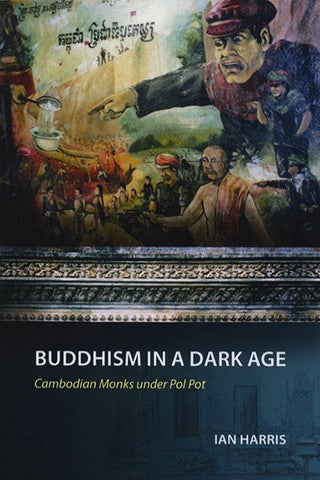
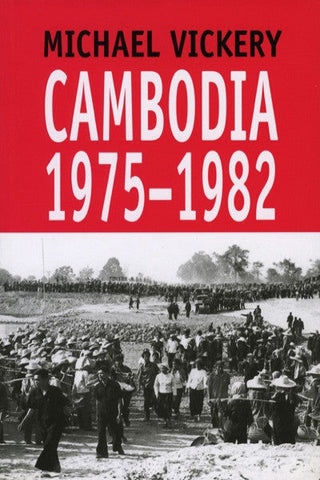
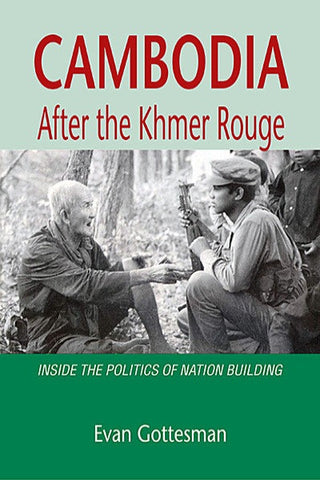
Share this item: